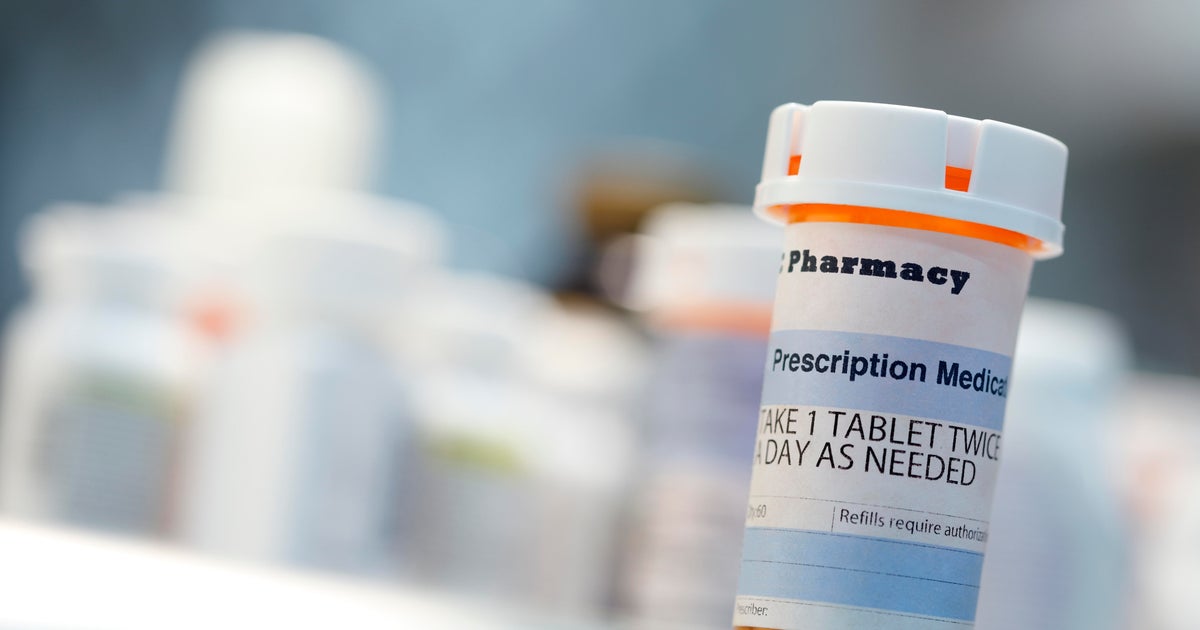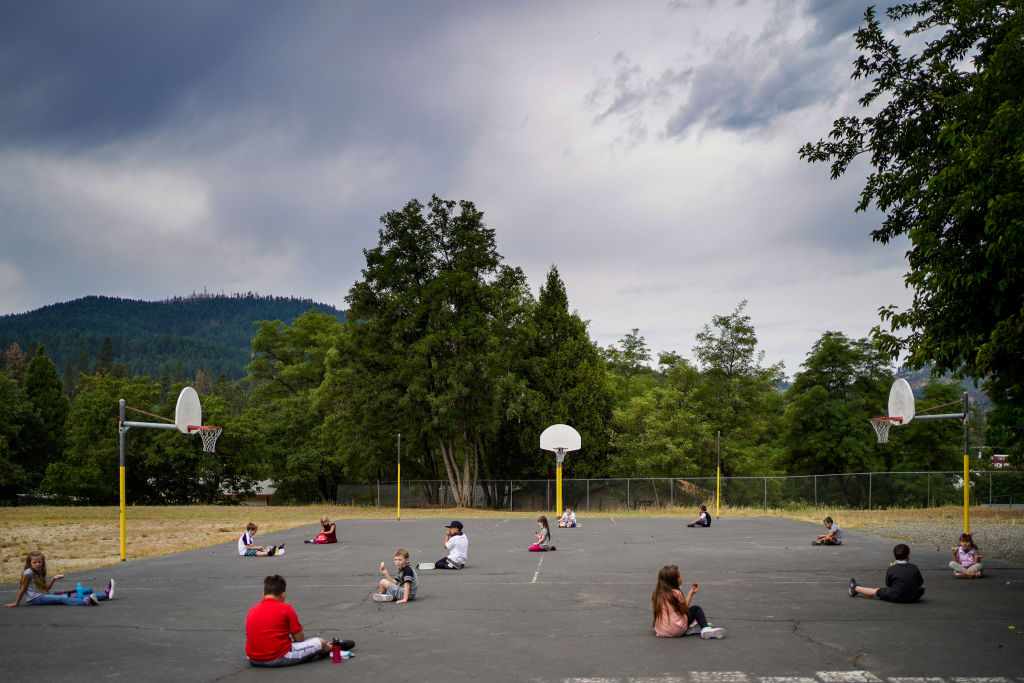What you need to know about coronavirus if you have asthma
If you have asthma, you are among those at greatest risk in the coronavirus pandemic and must take precautions, the American College of Allergy, Asthma and Immunology (ACAAI) says.
It's important to keep your asthma well-controlled, so continue your medications. No asthma medications — including inhaled corticosteroids and biologics — have been shown to increase the risk of getting COVID-19, according to the ACAAI.
And, the group added, if you do get the virus, there's no information that asthma medications will make your infection worse.
The ACAAI recommends contacting your allergist if you have any questions, have trouble breathing or your asthma symptoms become more severe.
Other people at higher risk from the coronavirus include the elderly, and people with immunodeficiency or other chronic conditions that weaken the immune system.
For now, the ACAAI is advising those with asthma or who may have immunodeficiency to continue with treatments. Nebulizers should be used and cleaned properly. It's important that your asthma remains well-controlled.
So far, 80% of coronavirus cases are mild and last for a limited time. Symptoms include fever, cough and shortness of breath.
The ACAAI is advising people to follow these U.S. Centers for Disease Control and Prevention recommendations:
- Stay at least 6 feet away from people who are sick.
- Don't touch your eyes, nose or mouth.
- Wash your hands often with soap and water for at least 20 seconds or use a hand sanitizer that contains at least 60% alcohol.
- Use tissues to cover coughs and sneezes, then discard tissue immediately.
- Clean/disinfect objects and surfaces that are touched often.
- If you're sick, stay at home.
More information: The U.S. Centers for Disease Control and Prevention has more on the coronavirus.



